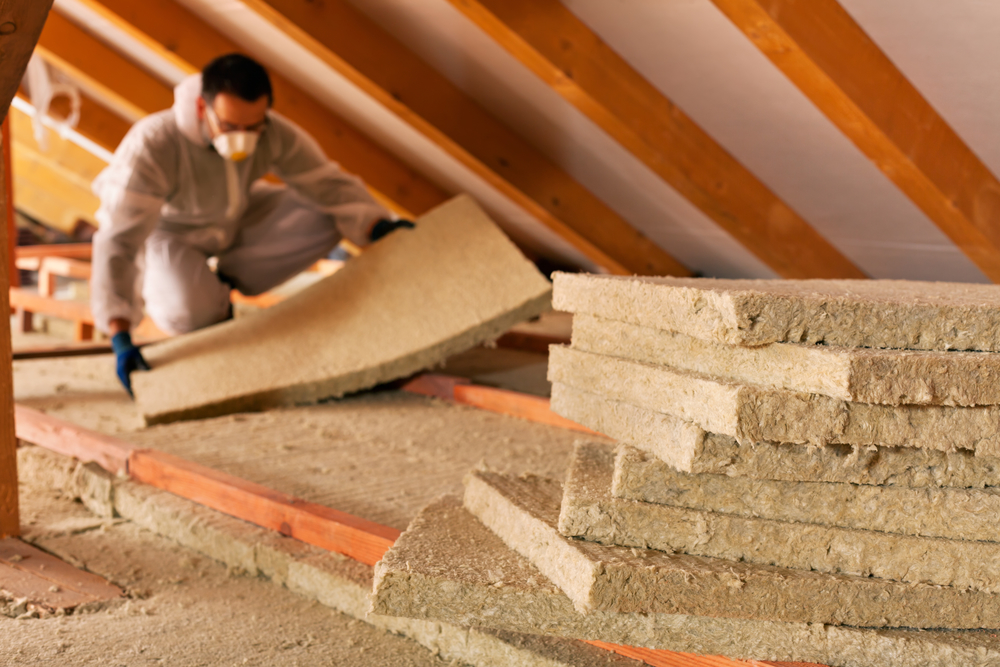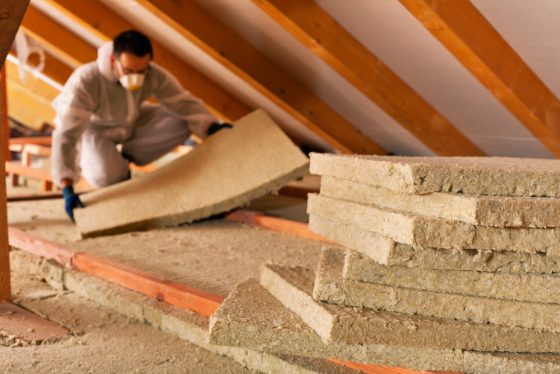Six in 10 households will be be better off in energy efficient homes


Four in 10 households living in a house built more than 30 years ago may not benefit financially from investment in making their homes more energy efficient, according to research by the government’s macro-economic policy unit CPB and the TNO research institute.
Households can cut their gas bills by around 25% if they invest in proper insulation but the cost per home averages around €19,000, less any subsidies, the researchers say.
While home owners will pay smaller energy bills, some 53% will not recuperate the cost of insulating floors, the roof, walls, doors and installing double glazing if they have extended their mortgage to pay for the work. In particular, home owners with low incomes or very large houses will be hardest hit.
People living in social housing owned by housing corporations will always be better off because they will not have to pay higher rents once the work has been done. But tenants in the private sector will face higher rents and 53% of them could also be worse off.
‘We calculated what it would cost to insulate every home in the Netherlands built before 1992 and how much energy that would save,’ said TNO researcher Peter Mulder. ‘There is no such thing as an average home and that means there is a wide spread of investment needed and potential savings. Insulation will be question of tailor-made solutions.’
Nevertheless, the researchers say, well-insulated homes are not only more comfortable, but also command a better price when sold.
Some 1.5 million homes in the Netherlands still have energy labels E, F and G, but by 2030 the cabinet aims to have reduced that to zero.
Thank you for donating to DutchNews.nl.
We could not provide the Dutch News service, and keep it free of charge, without the generous support of our readers. Your donations allow us to report on issues you tell us matter, and provide you with a summary of the most important Dutch news each day.
Make a donation